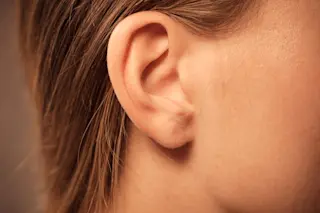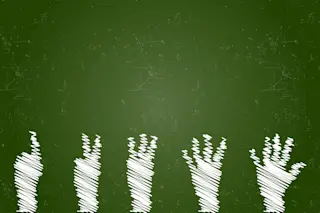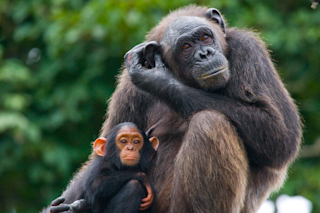THE STUDY “Mechanisms of Scent-Tracking in Humans” by Jess Porter et al., published in the January 2007 issue of Nature Neuroscience.
THE MOTIVE In a sniffing contest between rats, dogs, and people, we would undoubtedly come in a distant third. Humans have a notoriously poor sense of smell. Of our 1,000 olfactory receptor genes, more than half have fallen into disuse, and the long snouts of our primate ancestors have regressed to stubby noses. It’s often assumed that our fine stereoscopic vision and intelligence compensate for our inability to detect a wide range of smells. A minority view holds that with proper training—as embraced by perfumers and wine tasters, for example—anyone can learn to detect a delicate bouquet. A team of neuroscientists at the University of California at Berkeley decided to run an experiment to see if humans could track scents by crawling along the ground like dogs. The answer: ...














